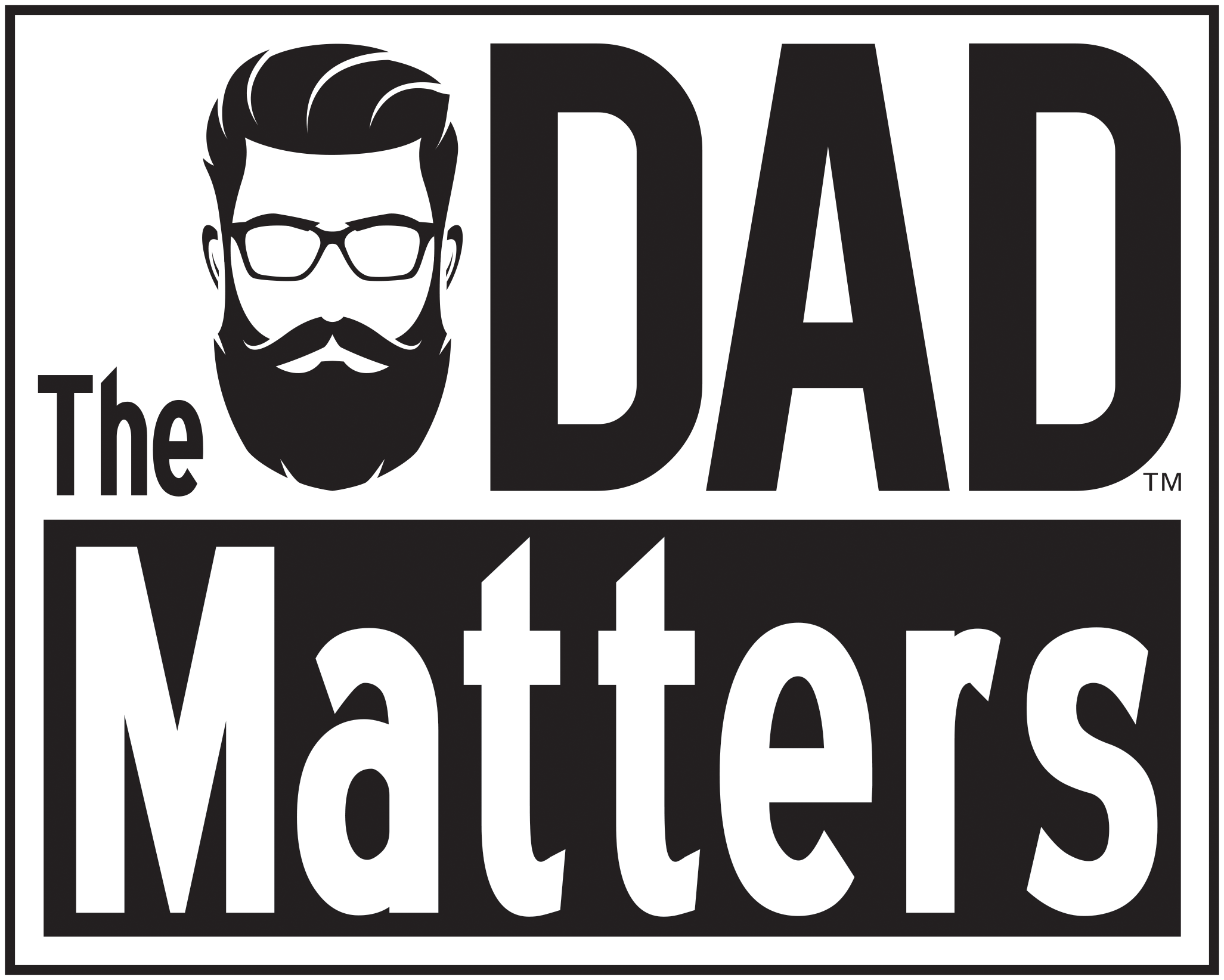You think you’re in control, we all do.
However, when we take a step back and look at our lives we see that many of the choices we have made have come as a result of the impact of our surroundings.
So, let’s talk about taking control of your health.
First, I need to get into the nitty-gritty technical stuff just to lay the groundwork for this conversation. In the health world, we have the socio-ecological model (SEM). In this model, we look at how our surroundings impact our health behaviors. We look at four things: individual, relationships, community, and society and how each of them impact our behaviors.

One of my favorite examples of this is the idea of speeding in a car. You may drive fast because you enjoy speed, you’re running late, it’s safer to go the speed of traffic, “the car likes it fast”, or any number of countless reasons. These are all common explanations of why someone would go faster than the speed limit.
However, none of those explanations are actually why the car is breaking the speed limit. A person speeds because they apply too much pressure to the gas pedal and go beyond the recommended speed limit. None of the previously listed reasons (enjoyment, safety, time, etc.) are actually making you go faster. Instead, they are only encouraging you.
Within each of these levels (individual, relationships, community, and society), there are varying amounts of influence on behavior. When seeking to take control of your health, you need to recognize why you do what you do.
Layers of Control in Your Life
You, as an individual, have your knowledge, attitudes, and beliefs. But your knowledge, attitudes, and beliefs come from somewhere. More often than not, they are influenced by external sources.

Your relationships with others can encourage, or discourage, healthy behaviors. Maybe your group of friends are gym goers, hikers, readers, or identify as non-runners. Perhaps you have less time and your exercise routine has suffered since you got married.
Is the community that you are a part of might be geared towards more physical activities by providing more walking trails, bike paths, or outdoor parks. Likewise, your community could harm your health because of a lack of access to healthy foods or the countless options for eating out.
Finally, society as a whole can dictate what is okay and what is acceptable. In the United States, eating horse meat or drinking raw milk is frowned upon. Driving 5mph over the speed limit is generally accepted. It is expected that your body falls apart as you get older.
Look at how your surroundings impact your life.
In taking control of your health, realize that your beliefs, behaviors, or surroundings could be what is holding you back. Often we complain the reason we are unhealthy is because it is so easy to be unhealthy. Perhaps that is because we have built our life (relationships, community, society) around convenience.
Taking Control of Your Health
Below you will find a list of exercises where you reflect on your life and behaviors. You will identify where you are influenced and what you can change in your life. This reflection can help you to get your health to where you want to be, by restructuring your lived experience.

Pick one health behavior that you do well. This can be being present with friends, eating primarily plant-based foods, eating mindfully, exercising frequently, etc.
(Individual) First, ask yourself, what do you think about that activity? Do you like it? Why do you think you’re good at it? Do you value it? Is there a payoff to this activity that you enjoy?
(Relationships) Second, ask yourself, what your friends/family/networks think about that activity? Consider whether your friends like it? Do they think you’re good at it? Do they value it? Is there a payoff to this activity that you enjoy? Do you feel pressured to do it?
(Community) Third, ask yourself how does your community feel about that activity? Are healthy behaviors promoted? Does your community recognize this activity by offering events/services/access? Do you feel encouraged to do it? How does your social/financial status impact your ability to do this?
(Societal) Fourth, ponder, what are the societal pressures for this activity? Are you expected to do this activity? How are you rewarded for doing this? Are you punished for not doing it?
Once you have gone through the process of identifying how the world shapes your behaviors, consider how you can change your world to foster the behaviors you want. What can you alter to build the environment that will improve your health for the better?

Identifying controlling factors
1.) What individual knowledge, attitudes or beliefs do you need to change? Why is it that you have those beliefs? Have they been helpful or harmful?
2.) What friends can you hang out with more? What voices can you give less credence?
3.) How can you change your physical community? This can be the one that is built around you or the one that you frequent. What does your community have to offer?

4.) What societal norms have you accepted that have been helpful or hurtful? Should you let go of the body shame you’ve been taught? Are you allowed to discuss feelings? Do laws prevent you from participating in healthy behaviors? Does your workplace discourage you from eating healthy?
Taking the time to reflect on your life, and how it is shaped, can help you recognize why you might behave the way you do. We often have behaviors because “that’s what we’re supposed to do”, but they are largely a result of the society we are a part of. If you want to take control of your health, you need to recognize where control comes from.
Be sure to join our email list or Facebook group to stay connected on fatherhood and health.
Contributed by Zach Cordell, Registered Dietitian Nutritionist at Cordell Nutrition.

